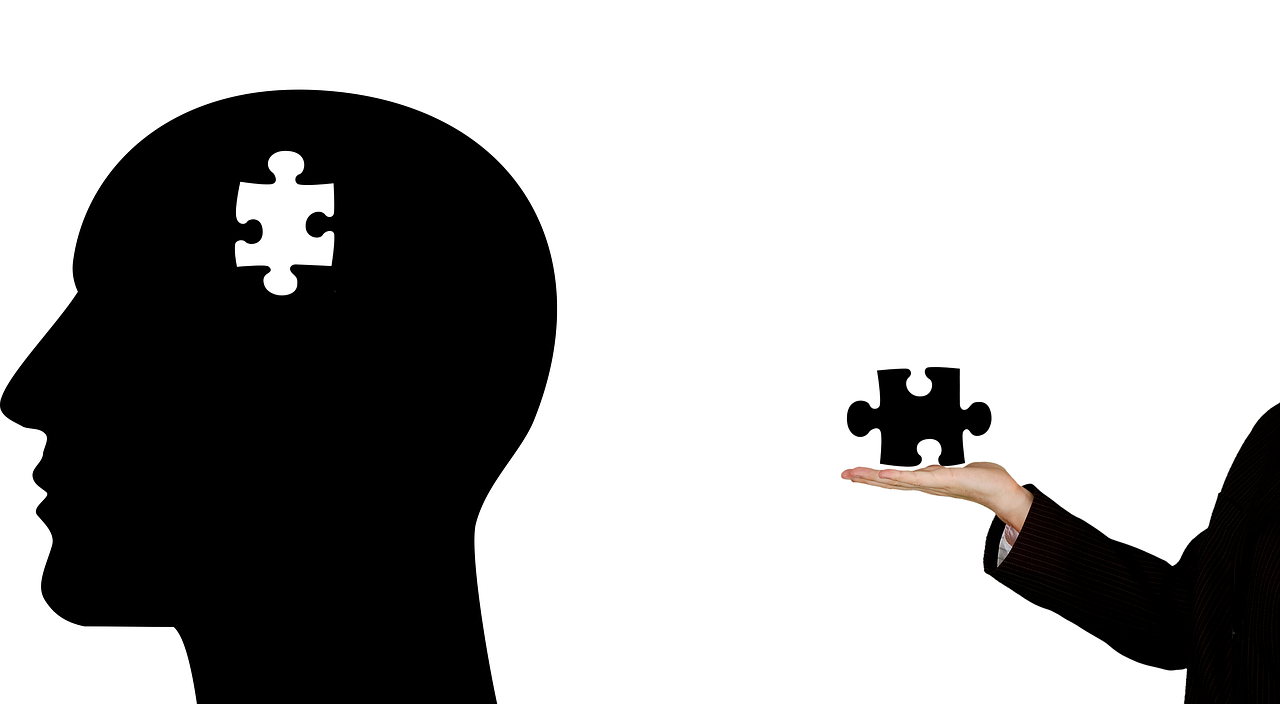Depression Treatment
What is Depression?
Depression is a mood disorder characterized by persistent feelings of sadness, emptiness, or a loss of interest in activities once enjoyed. It can affect people of all ages and backgrounds, often interfering with work, relationships, and physical health. While the causes of depression are complex and varied, they may include genetic, biological, environmental, and psychological factors.
Major Depressive Disorder is not a sign of weakness or a personal failing—it’s a medical condition that requires attention and care. With proper treatment, many people with depression find relief and can lead fulfilling lives.
Symptoms of Depression
The symptoms of depression can range from mild to severe and often persist for weeks or months. Common signs include:
Emotional Symptoms:
- Persistent feelings of sadness, hopelessness, or emptiness
- Loss of interest or pleasure in hobbies and activities
- Irritability or frustration, even over small matters
Physical Symptoms:
- Changes in appetite and weight (either increase or decrease)
- Sleep disturbances, such as insomnia or oversleeping
- Fatigue or low energy, making daily tasks feel overwhelming
Cognitive Symptoms:
- Difficulty concentrating, making decisions, or remembering things
- Negative self-talk, feelings of worthlessness, or excessive guilt
- Thoughts of death or suicide
If you or someone you know is experiencing suicidal thoughts, seek immediate help by contacting a crisis hotline or emergency services.
Diagnosing Depression
Diagnosing depression involves a comprehensive evaluation by a qualified mental health professional. At The Wellness Institute of Southern Nevada, we consider your medical history, current symptoms, and any underlying factors that may contribute to your condition. Using evidence-based assessment tools, we provide an accurate diagnosis and develop a personalized depression treatment plan to address your specific needs.

My Approach To Depression Treatment

Lorem ipsum dolor sit amet, consectetur adipiscing elit. Ut elit tellus, luctus nec ullamcorper mattis, pulvinar dapibus leo.
Depression FAQ
What are the top 3 symptoms of depression?
The top three symptoms of depression are persistent sadness or emptiness, loss of interest in activities once enjoyed, and fatigue or low energy.
How do I tell if I’m depressed?
Signs of depression include feeling sad, hopeless, or empty most of the time, losing interest in hobbies or activities, and experiencing changes in energy, sleep, or appetite. If these feelings persist for more than two weeks and affect your ability to function, it may indicate depression.
What are 5 causes of depression?
Depression can result from various factors, including genetics, brain chemistry imbalances, stressful life events, chronic medical conditions, and trauma or abuse. Hormonal changes and substance abuse can also contribute to its development. Often, it’s a combination of biological, environmental, and psychological factors.
Does depression go away?
Depression can improve with the right treatment, including therapy, medication, and lifestyle changes. For some people, it may resolve after addressing its underlying causes, while others may require ongoing management. Early intervention and consistent care are key to recovery.
Depression Treatment Options
Depression is a treatable condition, and a combination of approaches often yields the best results. At The Wellness Institute of Southern Nevada, we offer a range of evidence-based treatments tailored to each client.
1. Medication Management
Medications such as antidepressants can help regulate brain chemistry and alleviate symptoms. Common types include:
- Selective Serotonin Reuptake Inhibitors (SSRIs): Like sertraline or fluoxetine, which are often first-line treatments.
- Serotonin-Norepinephrine Reuptake Inhibitors (SNRIs): For individuals who do not respond to SSRIs.
- Other antidepressants: Including atypical options or medications targeting specific symptoms.
Our nurse practitioner works closely with clients to monitor effectiveness and adjust dosages as needed.
2. Psychotherapy
Talk therapy is a cornerstone of depression treatment. Approaches include:
- Cognitive Behavioral Therapy (CBT): Helps individuals identify and challenge negative thought patterns.
- Interpersonal Therapy (IPT): Focuses on improving communication and addressing relationship issues.
- Mindfulness-Based Therapies: Teach coping strategies to manage stress and build resilience.
Therapy sessions provide a safe space to explore emotions and develop skills for lasting improvement.
3. Lifestyle Modifications
Small changes in daily routines can have a significant impact on mental health. Recommendations include:
- Maintaining a consistent sleep schedule
- Engaging in regular physical activity
- Following a balanced diet
- Practicing mindfulness or relaxation techniques
These lifestyle adjustments can complement professional depression treatments and boost overall well-being.
4. Support Systems
Building a strong support network of friends, family, or support groups can make a difference. Talking openly with trusted individuals and connecting with others facing similar challenges fosters a sense of community and understanding.
Take the First Step Toward Recovery
Depression can feel overwhelming, but it’s important to remember that you’re not alone. With the right care and support, recovery is possible. If you or someone you know is struggling with depression, don’t hesitate to reach out.
Contact The Wellness Institute of Southern Nevada today to schedule a consultation and begin your journey to a brighter, healthier future. Serving Henderson and Las Vegas, we’re here to help you every step of the way.


